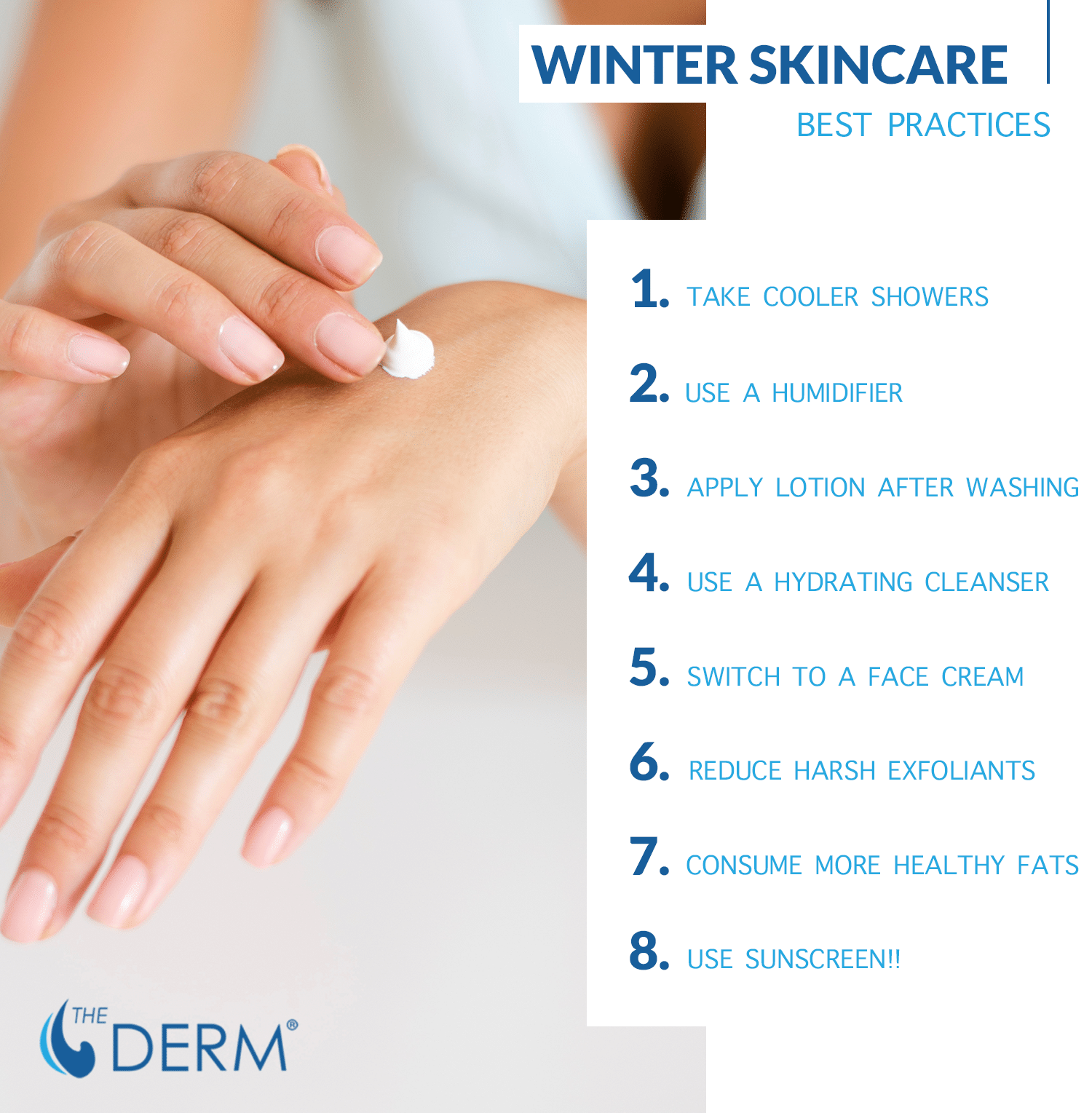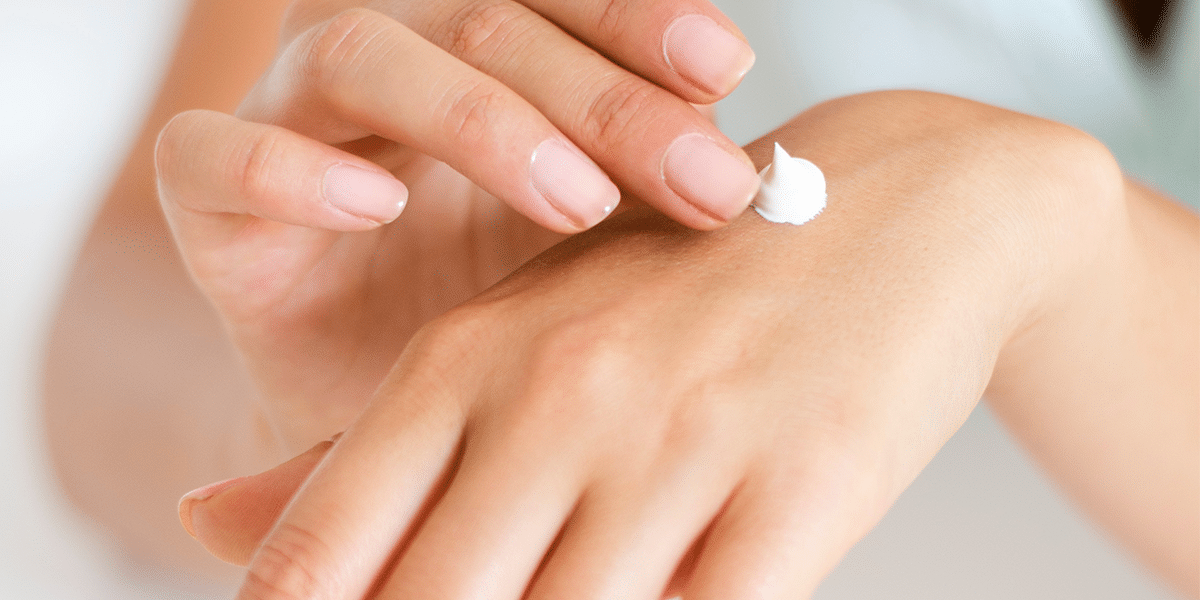There’s no denying that with the cold winter weather comes a change in our skin. Which means, in order to maintain healthy skin, you have to adapt to the effects of winter weather on your skin.
You may be aware of the increased need for moisturizer as the lack of humidity in the air sucks moisture from our skin, but knowing what type of moisturizer to use among other changes can save your skin during this time of year.
Here are our top tips for adjusting your skincare routine for winter.
1. Take shorter, cooler showers
A hot, steaming shower that leaves your skin red and your body warm and cozy may seem like the solution to beat the cold weather outside, but that habit is wreaking havoc on your skin daily, especially in the winter.
When hot water comes in contact with your skin, the outermost layer of your skin (the keratin cells) become damaged. Essentially, the hot water is stripping your skin of natural moisturizers and healthy skin cells that aim to protect the fragile skin beneath from the outside world.
By blasting hot water on your skin, you’re making it even more dry, which means this is even more important when winter air lacks moisture.
Shorten your showers and reduce the temperature. Your skin should not turn red because of your shower water temperature.
As always, apply a moisturizer when you get out of the shower while your skin is still moist in order to lock in that moisture for the day.
2. Use a humidifier in your home, or at least while you sleep
Because the air is naturally dryer, you’ll want to compensate by replacing that water in the air. This is very doable with an in-home humidifier, preferably in all major rooms in your home, but definitely in your bedroom as you sleep.
This works against the natural reduction in humidity in the air during winter months.
3. Apply lotion after hand washing
For the same reason hot showers strip your skin of moisture, leaving it dry and damaged, washing our hands excessively can do the same.
In order to combat this, apply a moisturizer after hand washing when your skin is still damp so you can lock in the moisture.

4. Use a hydrating cleanser
If you normally use a foaming cleanser, think about swapping it out for a hydrating cleanser with fewer additives and fragrances during this time of year. While most foaming cleansers are great during other seasons, the same benefits of removing oil can irritate your skin due to its winter sensitivity.
As always, consult with your dermatologist for the best solution for your unique skincare needs.
5. Swap your moisturizing lotion with a nourishing cream
This time of year might require more than just your average moisturizing lotion. While your lotion may work just fine during other times of the year, if you find your skin feeling tight, dry, or even flaking, try using a heavier moisturizing cream made for dry skin types.
Your dermatologist will know which is best for you, so consult with them first if you want to ensure you’re using a product that’s right for your skin.
6. Reduce harsh exfoliants
The winter is a difficult time for exfoliation because on one hand, your skin may start to flake if it’s drying out, but on the other hand, exfoliants can also dry out your skin.
Think about reducing the frequency of exfoliation and contacting your dermatologist if you want to learn more about how you should be exfoliating your unique skin.
7. Consume more healthy fats
The goal here is to maintain a healthy, functioning skin barrier that can hold on to all the moisture it can. One of the ways this is done is through a healthy, happy skin barrier that relies on fats. Contrary to what some may say, your diet can actually play a large role in your skin’s health.
One of the best protection against dryness is your skin’s lipid layer. This requires healthy fats in your diet to moisturize your skin from the inside out.
Foods high in healthy fats include:
- Avocado
- Nuts
- Seeds
- Fish
- Cheeses
- Yogurts
- Coconut oil / vegetable oils
8. As always, use sunscreen even in the winter!
Is the sun still shining in the winter? Yes! Which means sunscreen is still necessary during this time of year. In fact, it’s vital to protect your skin because sun damage can lead to dryness and a damaged skin barrier.
AKA: if your skin barrier is damaged, it will be harder for your skin to hold in moisture, leading to further irritation, dryness, and flaking.
Winter can be a tough time for our skin. Following these tips will help you maintain healthy, supple skin even during the harshest of conditions. But if you want more direction to ensure your skincare regime is the best fit for your unique skincare needs, book an appointment with your dermatologist!







